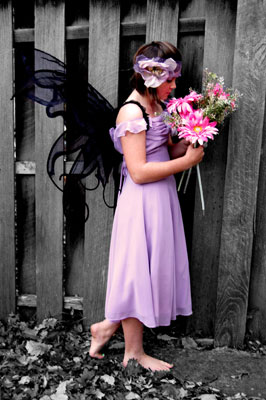All Nonfiction
- Bullying
- Books
- Academic
- Author Interviews
- Celebrity interviews
- College Articles
- College Essays
- Educator of the Year
- Heroes
- Interviews
- Memoir
- Personal Experience
- Sports
- Travel & Culture
All Opinions
- Bullying
- Current Events / Politics
- Discrimination
- Drugs / Alcohol / Smoking
- Entertainment / Celebrities
- Environment
- Love / Relationships
- Movies / Music / TV
- Pop Culture / Trends
- School / College
- Social Issues / Civics
- Spirituality / Religion
- Sports / Hobbies
All Hot Topics
- Bullying
- Community Service
- Environment
- Health
- Letters to the Editor
- Pride & Prejudice
- What Matters
- Back
Summer Guide
- Program Links
- Program Reviews
- Back
College Guide
- College Links
- College Reviews
- College Essays
- College Articles
- Back
Elegy for Potter
Fellow Hogwartians, these are dark times.
You know why, of course. Harry Potter’s story – the story of the Boy Who Lived – is over. Done. Finished. Finite Incantatem. And that’s sad.
When I read Harry Potter and the Sorcerer’s Stone, I was ten years old: a mishmash of frumpy clothes, social ineptitude, and baby fat. I did not want to read a book about a boy wizard. I also did not want to refuse the friends who insisted I read that book.
But most of all, I did not want to grow up.
One day, a frustrated friend slammed Harry Potter on my desk in a very convincing manner, and I gave in. After all, it was a book. Any book was potentially good in my eyes.
And I read. And I loved it.
I loved it. For the first time in my life, it was as though the places I read about were real and solid and all around me, and it was as though the people I met there had virtues and flaws and conflicts and love and hate all in equal measure. Harry was real. Hogwarts was real.
Magic was real.
I learned things through the books – not just spells and potions and such, but other things, vastly important things that changed the way I looked at life.
I learned three of these.
The first thing that Harry Potter taught me was not to be afraid of growing up. To be frightened of that, I realized, was to be frightened of life. And you couldn’t be frightened of life – there was so much in it: romance and drama and vanquishing evil. But to do all that, you had to grow up first. Growing up, I learned, was an adventure in itself.
The second thing was that the world is more complicated than it seems. It was not Harry who taught me this so much as it was the villains. At first, I hated those awful Slytherins – Snape and Malfoy – and I relished that hatred. They, I thought, must be pure evil. Their souls were black with shadow, and I despised them.
But then there was Lily, and the silver doe, and Snape’s promise to keep Harry safe. There was Draco’s fear, and his love for his family, and the way I saw him cry. Voldemort was pure evil in that he could not love, for he had dispensed with his human soul. But every human soul, Harry told me, has both light and dark in it, and the world is not black and white but shades of grey. Even the people we hate can love.
The third and final thing that Harry taught me was one simple, abiding truth; nothing grandiose or moral, but one thing that made me confident in myself.
I am a complete nerd.
It sounds stupid, of course, and it probably is. But reading Harry Potter showed me who I was: I was both good and evil, I was an aspiring writer, I was a slightly mad Ravenclaw who wasn’t afraid of life. And I was a nerd, and I was proud of that. Hogwarts was my home, and if you’ve read this far I bet it’s yours, too.
So now, as the story of the Boy Who Lived fades to memory, we Hogwartians must raise our cheaply made plastic wands to the stars and light them the only way we know how. We must look at the world for what it is and feel safe in the knowledge that heroes can die, but magic is real, and magic lives on.
Sure, lots of people would call Harry Potter a commercialized franchise and say that the only “magic” is utterly corny and perpetuated by delusional teenagers. And maybe they’re right.
But frankly, who cares?
Magic is real, or at least the kind Harry Potter taught me. Magic lives on.
That, if nothing else, is worth remembering.
Lumos Maxima.

Similar Articles
JOIN THE DISCUSSION
This article has 23 comments.
